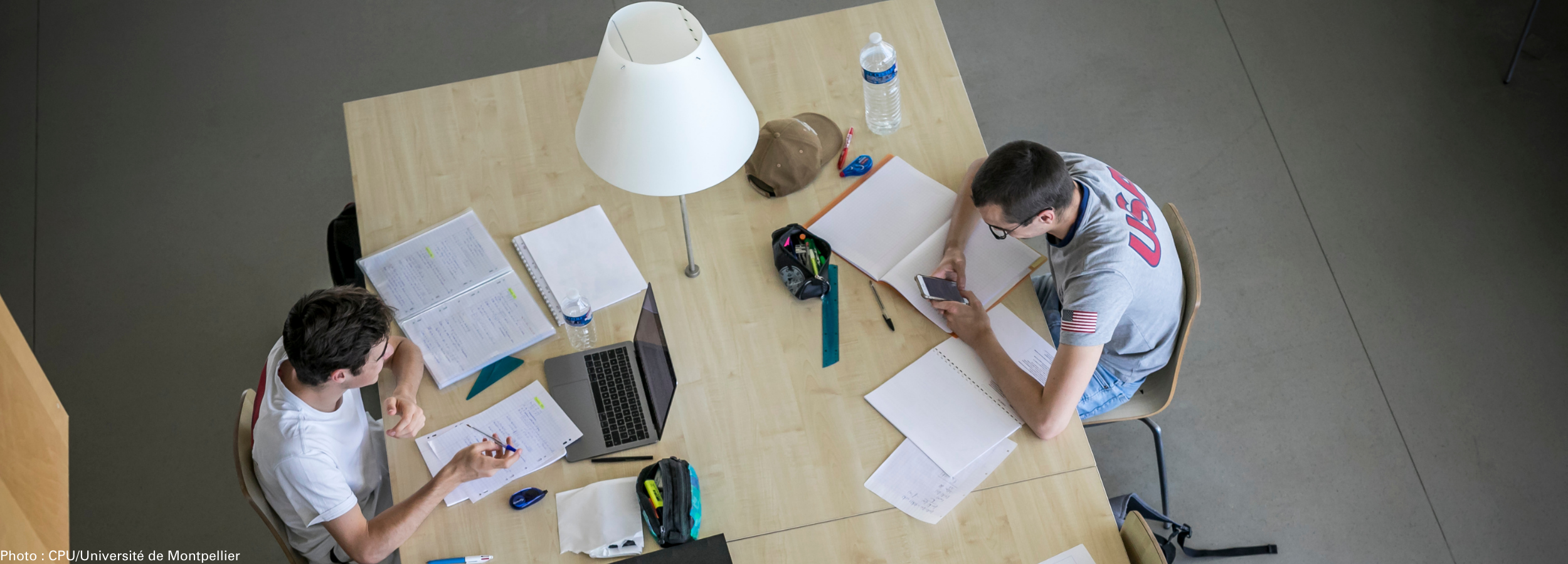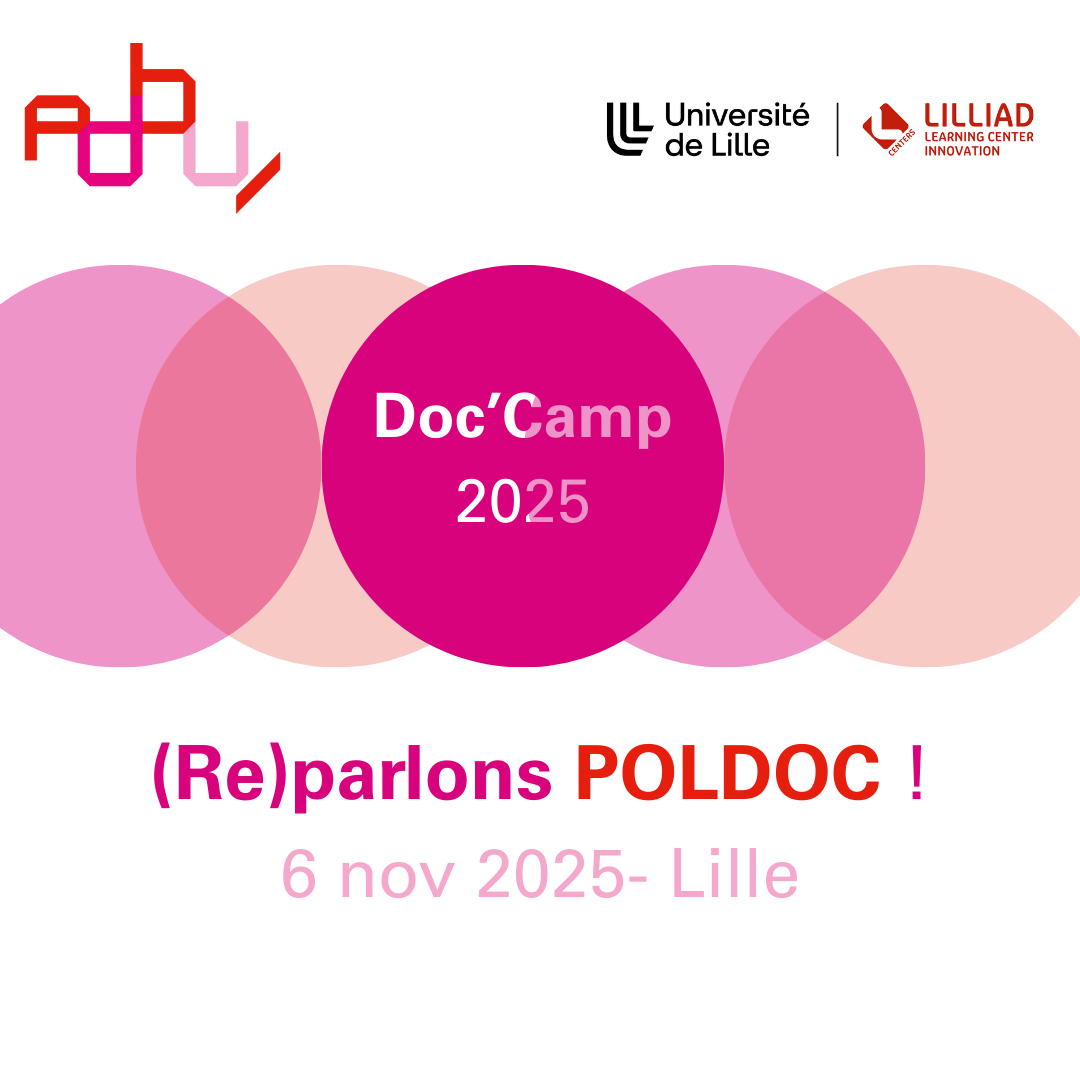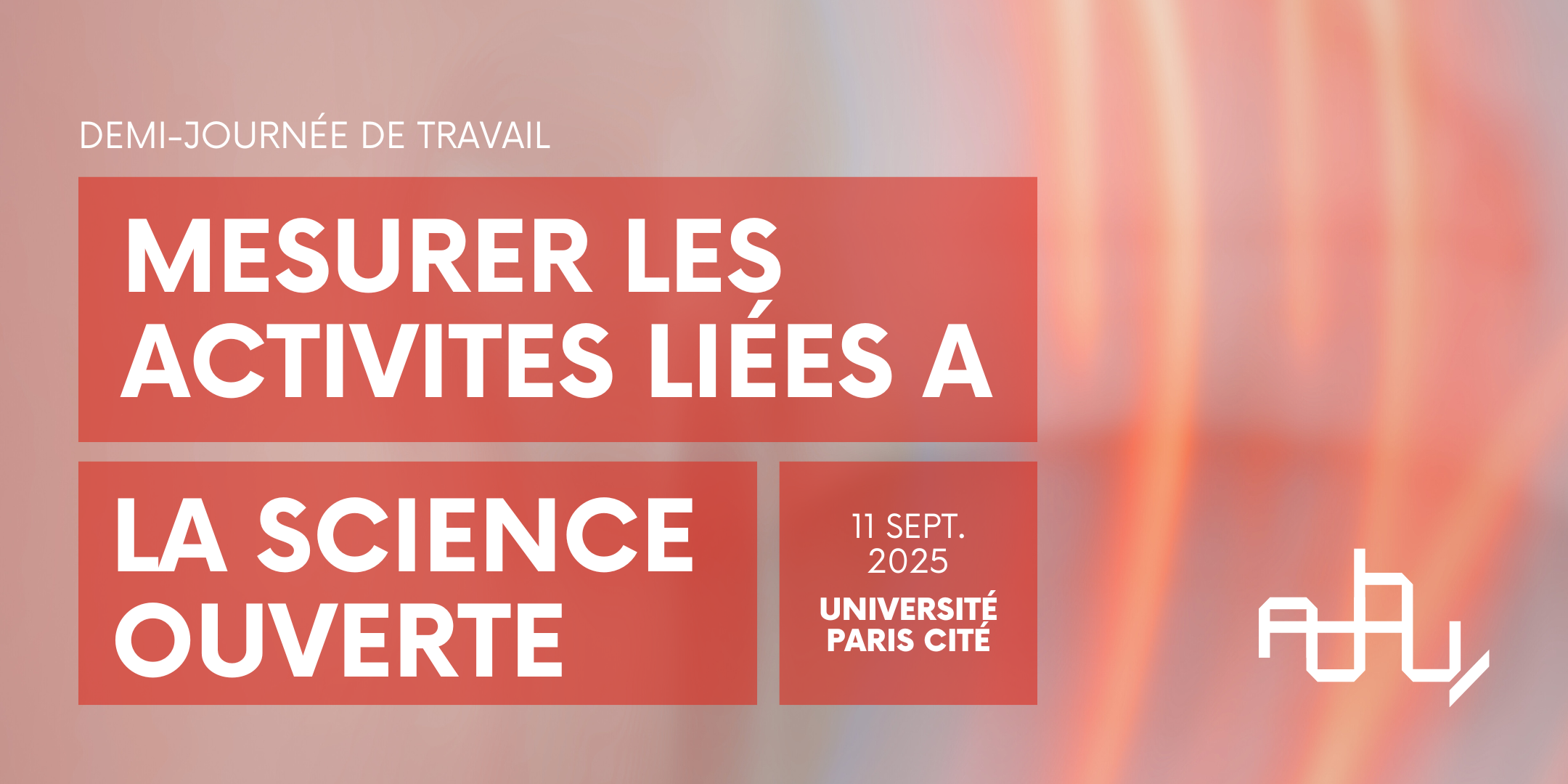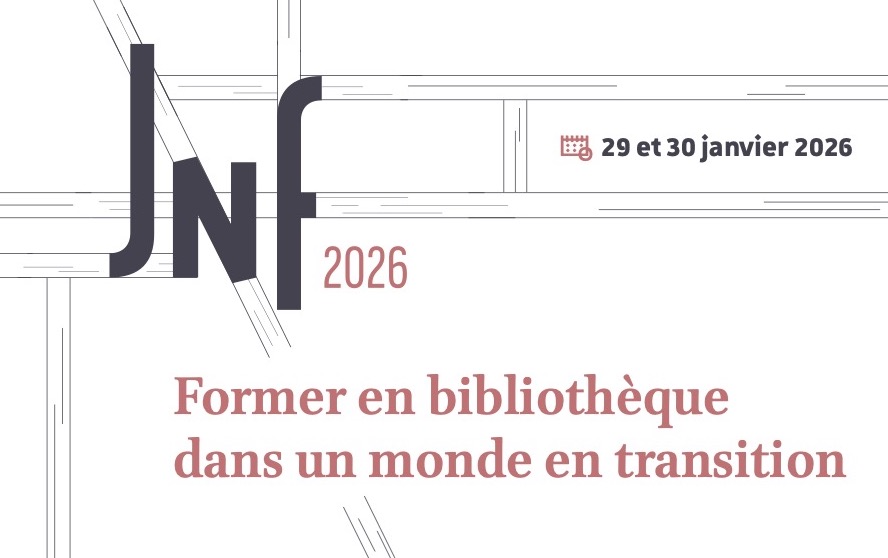L’événement sera entièrement en anglais. Il se tiendra en ligne le 16 décembre de 14h à 16h30. Une salle de networking sera ouverte de 13h à 14h.
Open Science describes the current transition in how research is undertaken, how the outputs are stored and disseminated, how researchers collaborate, how success is measured and how researchers are rewarded for more transparent and collaborative approaches. Open Science has the potential to transform the research landscape. This potential has been successfully tested – if only that – during pandemic times.
Open Science started as a vision, aiming to address matters like research reproducibility and access to the results of publicly-funded research. The vision was generally welcome by academic and research institutions and benefited from a great advocacy movement. It’s high time now to build on practice and effective management.
It is generally accepted in Europe that research should be as open as possible and as close as necessary. Finding the borderline between the two is one of the most important tasks for practitioners, whether they belong to funders, research organisations, their partners or researchers themselves.
Yet, this borderline is not sufficiently explored. Guidelines based on feedback and learning from practice should be created, rather sooner than later.
This innovative approach to research has further potential: to address existing inequalities and matters like inclusivity, ethics, better assessment or the missing links between science and society or to re-shape public-private partnerships.
Emphasizing research practices, we will discuss the role of research organisations to support this transition, both acting local and internationally.
The results of the workshops will be captured in a formal report. The report is intended to be used by all involved partners, to advance the implementation of Open Science in their communities and their own institutions.
The Workshop format offers both on-the-spot interactions and follow-up opportunities.
S'inscrireIntervenants
Marc Martinez, SciencesPo Library Director and ABDU President
Marc Martinez is the ADBU president since 2019. He’s the Director of the SciencesPo Library since September 2021. He was Director of the Jean Moulin Lyon 3 University Libraries from 2013 to 2021.
He was a member of the Board of Directors of the ADBU from 2008 to 2012 (vice-president, general secretary) and led the Evaluation and Steering Committee of the association until the same year. He has also been active within LIBER on issues of benchmarking and evaluation of research libraries.
Warning: Trying to access array offset on false in /home/adbunvgg/www/wp-content/themes/adbu/template-parts/content-flexible/block-content.php on line 34
Dr. Paul Ayris, Pro-Vice-Provost at UCL Library Services
Dr Ayris is Pro-Vice-Provost (UCL Library Services & UCL Office for Open Science and Scholarship). He joined UCL in 1997.
Dr Ayris was the President of LIBER (Association of European Research Libraries) 2010-14. He was Chair of the LERU (League of European Research Universities) INFO Community for 10 years, ending in 2020. He also chairs OAI12 – The Geneva Workshop on Innovations in Scholarly Communication. He is a member of the UUK High-Level Strategy Group on E-Resource purchasing for the Jisc community. On 1 August 2013, Dr Ayris became Chief Executive of UCL Press. He has served two terms of office as a member of the President’s and Provost’s Senior Management Team in UCL. On 1 October 2020, Dr Ayris launched the UCL Office for Open Science and Scholarship, of which he is head.
He has a Ph.D. in Ecclesiastical History and publishes on English Reformation Studies. In 2019, he was made a Fellow of the Royal Historical Society.
Presentation:
Open Science – the role of the UCL Office for Open Science & Scholarship
This presentation looks at the progress of Open Science In UCL (University College London). UCL is a research-intensive university with an acknowledged reputation for outstanding research. In the middle of the covid-19 pandemic, UCL issued a statement on the importance of Open Science in the ‘new normal’ of the global research landscape. It is in this context that the UCL Office for Open Science was opened, built around the 8 pillars of Open Science as recognized by the European Commission. The presentation identifies the key role of the Office in Leadership, Advocacy and Engagement. It then looks at how work in each of the 8 areas of Open Science has become embedded into the UCL landscape, working both with existing teams and creating new teams. The presentation ends by describing the work ongoing in each of these 8 areas to deliver Open Science principles, policy and practice.

Sandrine Gropp, Université de Montpellier Library Director
Sandrine Gropp is the director of the Library and Documentation Department at the University of Montpellier, and is also vice-president of the Association of University Library Directors (ADBU).
In addition to the modernization projects of the university libraries through structuring projects (Learning centers, UX Design in particular), she is particularly interested in research issues: development of open access, open science issues, research data management, bibliometry, positioning of institutions in relation to research organizations, national and international tools and mechanisms, etc.
The Library and Documentation Department is the lead department for the implementation of the “UM Plan for Open Science” within the institution, in collaboration with the other departments and the teacher-researchers and researchers.
Warning: Trying to access array offset on false in /home/adbunvgg/www/wp-content/themes/adbu/template-parts/content-flexible/block-content.php on line 34
Laure Lefrançois, Head of the Science and Technology Unit of the Common Documentation Service, Université de Montpellier
Arrived in 2014 at the University of Montpellier, she is Head of the Sciences and Techniques Unit of the Library and Documentation Department and in charge of the “Research Support” mission for the departement. She coordinated (in collaboration with the Research and Doctoral Studies Department) the implementation in 2017 of the HAL portal of the University of Montpellier and the creation of a dedicated assistance team, in charge of reporting references and depositing the full text of publications, as well as the animation of a network of referents in the laboratories. She is now working to expand the support services offered to researchers, mainly in the area of research data management.
Laure Lefrançois began her career as a curator at the Bibliothèque nationale de France as head of department in charge of implementing digital services for the general public, especially teachers-researchers and researchers. She then worked at the Ministry of Defense where she created the department dedicated to libraries and piloted the implementation of a shared catalog
Presentation:
University of Montpellier: unification, dissemination and organization: towards an open science ecosystem

Aurore Cartier, Head of the Research and Projects Support Department (DARP) and Head of the Research & Open Science Department
Aurore Cartier is a french archivist-paleographer and library curator. She is currently Head of the Research and Project Support department at the Jean Moulin Lyon 3 university Library. In the recent years, she focused on open science policies and advocacy as well as Research Support Activities within higher education institutions. She’s also a newly elected member of the ADBU board as Head of the Reporting & Information System committee (2022-2024)
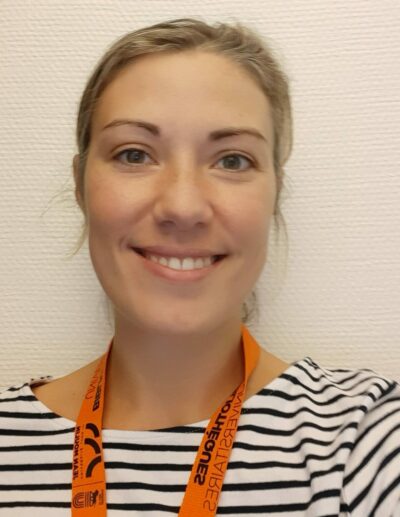
Vincent Chollier, Assistant Editor for the editorial centre Prairial, Head of the publication and Editorial Secretary of the open access journal Frontière·s. - Université Lyon 3: Prairial (a platform hosting humanities and social sciences journals published in open access)
Vincent Chollier. Assistant editor for the editorial centre Prairial, head of the publication and editorial secretary of the open access journal Frontière·s. Revue d’archéologie, histoire & histoire de l’art.
Presentation:
Prairial (a platform hosting humanities and social sciences journals published in open access)
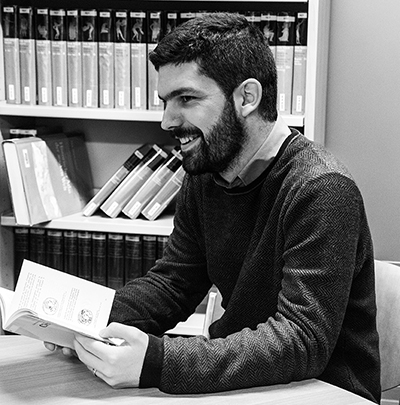
Julien Sempéré, Director of the Libraries, Information and Open Science Department and Lumen Learning Center Project Manager – Université Paris-Saclay
Julien Sempéré is the Director of the Libraries, Information and Open Science department, and the Lumen Learning Center project manager at Paris-Saclay University. He holds a doctorate in history and his research focuses on the circulation of information and its effects on diplomacy and trade in the modern era.
His professional experience and his engagements lead him to be especially interested in the methods of change management, in the organizational structure of institutions and the monitoring of new usages and practices.
Presentation:
Open Science initiatives at Université Paris-Saclay
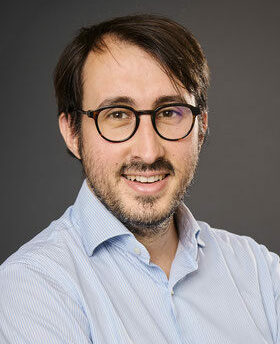
Sophie Forcadell, Open Research Coordinator at Sciences Po
Sophie Forcadell is the Open Research Coordinator at the SciencesPo Library. Contributor to the CIVICA Erasmus+ project and the CIVICA Research project (H2020) on open science issues.
Presentation:
Inclusion of open science in the European university project CIVICA – Roles and ambitions for libraries

